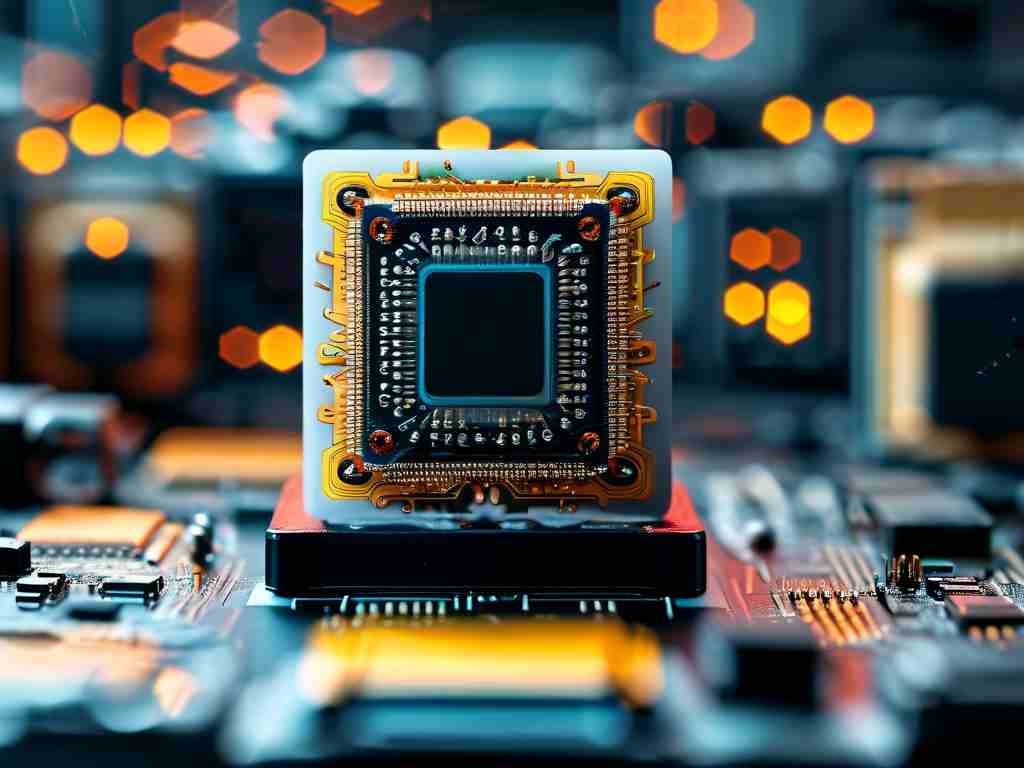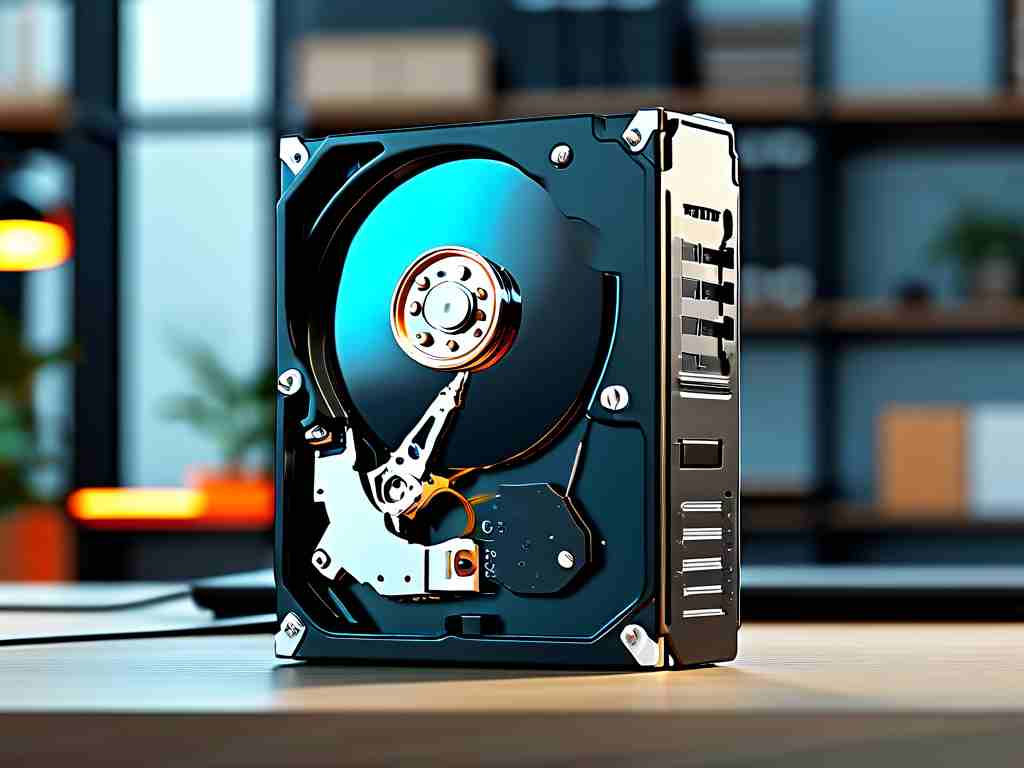In modern computing, memory management is a critical process that ensures efficient resource allocation and optimal system performance. One of the most essential tasks in this domain is freeing up memory space, a process that prevents memory leaks, reduces fragmentation, and maintains application stability. This article explores the technical mechanisms computers use to eliminate unnecessary memory consumption, the challenges involved, and best practices for developers.

The Basics of Memory Allocation
Computers allocate memory dynamically during program execution. When an application runs, it requests memory blocks from the operating system (OS) to store data, such as variables, objects, or buffers. Two primary memory regions are involved: the stack (for static, short-lived data) and the heap (for dynamic, long-lived data). While the stack automatically clears memory when functions exit, the heap requires explicit management. Failure to release heap memory leads to memory leaks, where unused data occupies space indefinitely, degrading system performance.
Automatic Memory Management: Garbage Collection
Many high-level programming languages, such as Java, Python, and JavaScript, employ garbage collection (GC) to automate memory deallocation. GC algorithms identify and eliminate objects that are no longer accessible or referenced by the program. Key GC techniques include:
- Mark-and-Sweep: This algorithm scans all reachable objects starting from "root" references (e.g., global variables), marks them as active, and sweeps away unmarked objects.
- Reference Counting: Each object tracks the number of references to it. When the count drops to zero, the object is deleted. However, this method struggles with cyclic references (e.g., Object A references Object B, and vice versa), which can create memory leaks.
- Generational Collection: Objects are categorized by age. Younger objects, which are more likely to become unused, are checked more frequently, improving efficiency.
While GC reduces manual effort, it introduces overhead, causing occasional pauses in program execution.
Manual Memory Management
In languages like C and C++, developers manually allocate and free memory using functions like malloc and free. This approach offers fine-grained control but is error-prone. Common pitfalls include:
- Dangling Pointers: Accessing memory after it has been freed, leading to crashes.
- Double-Free Errors: Accidentally freeing the same memory block twice, corrupting the heap.
- Memory Leaks: Forgetting to release memory altogether.
To mitigate these risks, modern C++ uses smart pointers (e.g., std::unique_ptr and std::shared_ptr), which automatically deallocate memory when objects go out of scope.
Memory Fragmentation and Compaction
Even when memory is freed, fragmentation can occur. Over time, small gaps between allocated memory blocks accumulate, making it difficult to allocate large contiguous chunks. To address this, some systems use memory compaction, which relocates active objects to consolidate free space. However, compaction is resource-intensive and often impractical in real-time systems.
Operating System Interventions
The OS plays a vital role in memory management. When physical RAM is exhausted, it uses virtual memory, swapping data to a disk-based page file. Additionally, the OS reclaims memory from terminated processes and enforces memory protection to prevent unauthorized access.
Best Practices for Developers
- Use Automated Tools: Leverage garbage-collected languages or smart pointers to minimize manual errors.
- Profile Memory Usage: Tools like Valgrind or built-in profilers help detect leaks and inefficiencies.
- Avoid Circular References: In reference-counted systems, break cycles using weak pointers or redesign object relationships.
- Optimize Data Structures: Choose memory-efficient structures (e.g., arrays instead of linked lists) to reduce overhead.
Case Study: Web Browsers
Web browsers exemplify complex memory management. Each tab runs as a separate process, isolating memory usage. When a tab is closed, the browser terminates its process, freeing all associated memory. Additionally, JavaScript engines like V8 (used in Chrome) employ generational garbage collection to balance performance and memory efficiency.
The Future of Memory Management
Emerging technologies aim to streamline memory management further. Region-based memory allocates objects in predefined regions, enabling bulk deallocation. Rust's ownership model enforces strict compile-time checks to eliminate dangling pointers and leaks without garbage collection. Meanwhile, hardware advancements like non-volatile RAM (NVRAM) could blur the line between memory and storage, revolutionizing how systems handle data.
In , freeing memory space is a multifaceted challenge that blends software algorithms, developer discipline, and OS-level optimizations. As applications grow in complexity, adopting robust memory management strategies becomes indispensable for building fast, reliable, and scalable systems.









